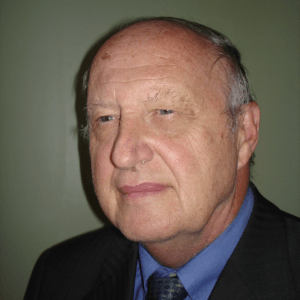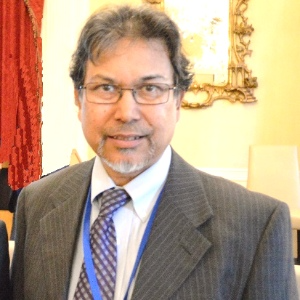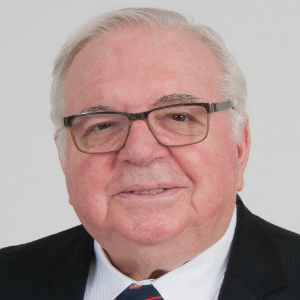Nanoenergy refers to the interdisciplinary field that explores the utilization of nanotechnology in the generation, storage, and harvesting of energy on a nanoscale level. This burgeoning field holds immense promise for revolutionizing the energy landscape by enhancing efficiency, reducing environmental impact, and enabling novel applications. One key aspect of nanoenergy involves the development of nanomaterials with unique properties that can significantly improve energy storage devices, such as batteries and capacitors. Nanoscale materials, such as graphene and carbon nanotubes, exhibit exceptional conductivity and surface area, leading to enhanced performance and increased energy density. These advancements pave the way for the creation of lightweight and high-capacity energy storage systems vital for portable electronics, electric vehicles, and renewable energy integration. Furthermore, nanoenergy research encompasses the exploration of nanogenerators that convert mechanical vibrations or movements into electrical energy. This innovation is particularly promising for powering small electronic devices and sensors, offering a sustainable solution for applications in remote or hard-to-reach locations.

Ephraim Suhir
Portland State University, United States
Thomas J Webster
Interstellar Therapeutics, United States
Robert Buenker
University of Wuppertal, Germany
Will Skene
Montreal University, Canada
Valeriy A Buryachenko
Micromechanics & Composites LLC, United States
Anis Rahman
Applied Research & Photonics, Inc, United States
Will Skene
Montreal University, Canada
Robert Guidoin
Laval University, Canada
Robert Buenker
University of Wuppertal, Germany


Title : Introducing picotechnology: An exciting extension of nanotechnology
Thomas J Webster, Interstellar Therapeutics, United States
Title : The failure of both einsteins space-time theory and his equivalence principle and their resolution by the uniform scaling method
Robert Buenker, University of Wuppertal, Germany
Title : Material challenges with proton conducting ceramics for intermediate temperature hydrogenation/dehydrogenation applications
Saheli Biswas, Commonwealth Scientific and Industrial Research Organisation, Australia
Title : Porphyrin layers at metal-electrolyte interfaces monitored by EC-STM and CV
Marek Nowicki, University of Wroclaw, Poland
Title : Color control of electrochromes by structural modification
Will Skene, Montreal University, Canada
Title : Make experiments more efficient: Two simple and powerful approaches. Mg2Si growth for photovoltaic and thermoelectric applications
Alexander S Gouralnik , Institute of Automation and Control Processes, Russian Federation
Title : Reconfigurable antenna structures using tunable materials
Nasimuddin, Institute for Infocomm Research, Singapore
Title : (0, 1 and 2) Dimensional hybrid architecture of the synthesized materials leads the smart sensing of the gaseous species at low/room temperature
D R Patil, North Maharashtra University, India
Title : Enhanced grain refinement, precipitates regulation, and improved mechanical properties of cast Al-Li alloy by Ti addition and heat treatment
Lixiong Shao, Shanghai Jiao Tong University, China
Title : Broadband sound attenuation of shape memory polymer with triangular-honeycomb unit cell metamaterial structural design
Musaab Ejaz, Universiti Teknologi PETRONAS (UTP), Malaysia